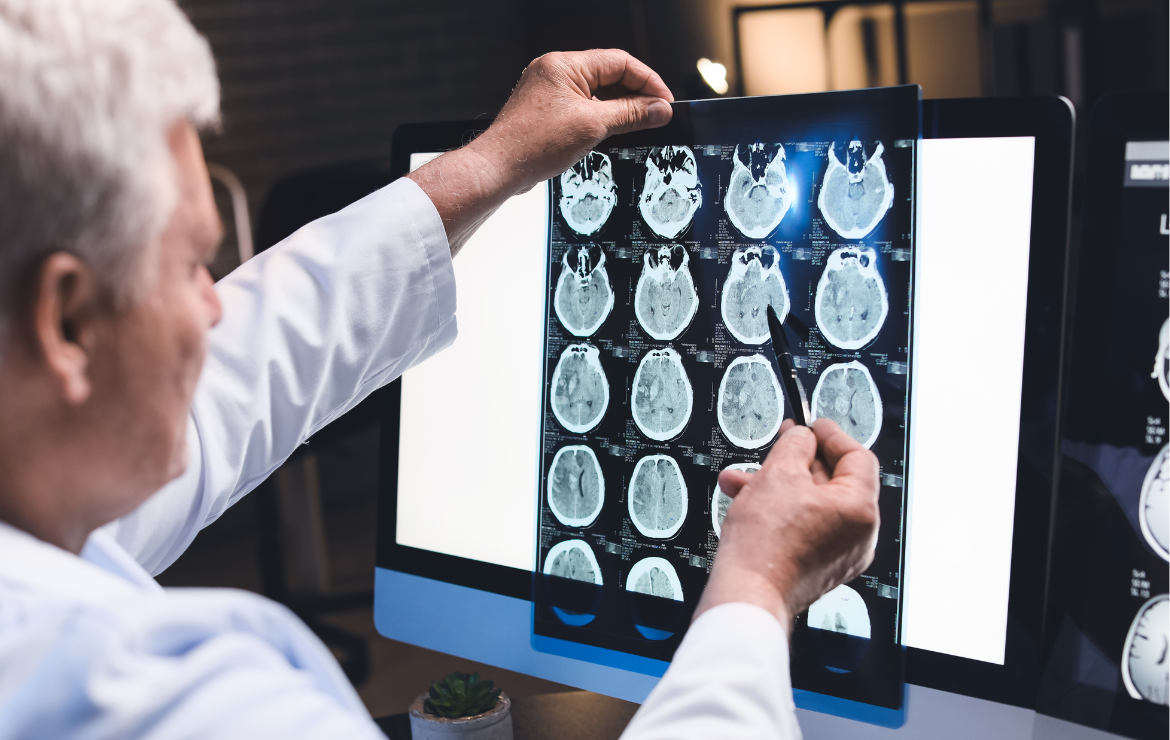March 2025 Newsletter

ClaimsPulse360
ClaimsPulse is a monthly newsletter packed with insights and interesting information.
Signup Today!
| Issue: March 2025 | ||||||||||||||||||||
 |
||||||||||||||||||||
|
||||||||||||||||||||
Stay Sane in the Claims Game Brain Injury Symptoms vs. Friday at 4:59 PM
It’s Friday. 4:59 PM. The phone rings. Your inbox pings. You forgot to finish that one note. And you’ve officially hit the point in your week where everything feels just a little off. Sound familiar? Now imagine reviewing a traumatic brain injury (TBI) claim, scanning for symptoms like confusion, fatigue, memory issues, or trouble concentrating — while simultaneously experiencing all of the above yourself. Coincidence? Or just classic “end-of-week syndrome”? Let’s take a look at the very real symptoms of a brain injury… and how they suspiciously mirror what we all feel at the end of a long week:
Of course, the symptoms of a true brain injury are serious, require clinical attention, and deserve careful case management. But it’s okay to laugh a little at how much we relate on a human level. Let’s not only look out for injured workers — let’s check in on ourselves, too. Whether you’re managing the care plan or navigating complex claims, your mental clarity matters. And if you’re reading this at 4:59 PM — close the laptop. You’ve earned it. | ||||||||||||||||||||
|
||||||||||||||||||||
|
||||||||||||||||||||



















